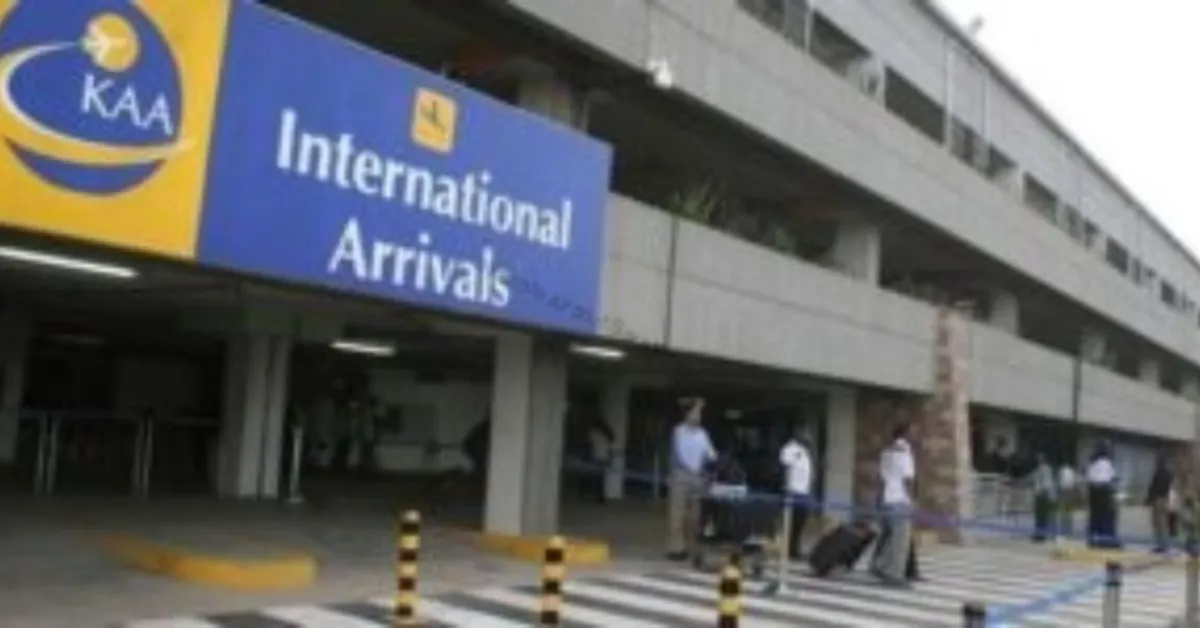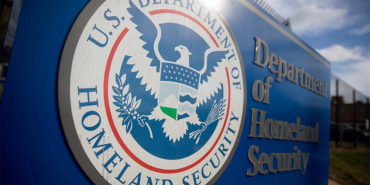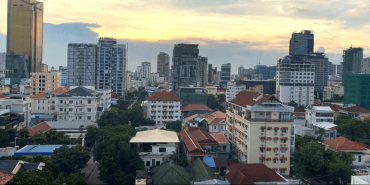Repatriated Kenyan Reveals Deception and Abuse in Myanmar Trafficking Operation

In a significant operation, the Kenyan government has successfully repatriated 78 nationals who were victims of human trafficking syndicates operating in Myanmar.
The returnees, who arrived at Jomo Kenyatta International Airport (JKIA) recently, were subjected to forced labour in telecom scam operations after being lured with deceptive job offers. The rescue operation, conducted through diplomatic channels involving the Kenyan embassies in Thailand and Myanmar, highlights the escalating crisis of human trafficking targeting job seekers in East Asia.
Authorities are now warning Kenyans against falling prey to online job scams promising lucrative opportunities in countries such as Thailand, India, and Malaysia. Dan, a returnee who requested anonymity for privacy, recounts his ordeal, stating he paid an agency Sh200,000 after being promised an English teaching position in Thailand. Instead, he was trafficked into Myanmar, where he was forced to participate in fraudulent activities.
“I left Nairobi with Sh300, and that is the only thing I have returned with,” Dan said, underscoring the financial devastation suffered by many victims.
Upon arrival in Myanmar, Dan and others were transported to remote locations and placed under constant surveillance. They were coerced into scamming individuals out of significant sums of money, with severe penalties imposed for failing to meet financial targets. Victims endured intimidation, physical abuse, and financial exploitation, often working without pay for months.
“We suffered emotionally, physically, and financially,” Dan recalls, citing instances of brutal treatment and harsh punishments.
According to Diaspora Affairs Principal Secretary Roseline Njogu, the Kenyan government has repatriated 175 trafficking victims since the beginning of 2025, including the 78 returnees. Njogu cautions that job seekers should verify employment offers through the diaspora office before making travel arrangements.
“There are no jobs in these countries—they also struggle with unemployment. If someone recruits you for work there, it is likely a trafficking scheme,” she warns.
Kenyan Ambassador to Thailand Lindsay Kiptiness expresses concerns about the security risks posed by returnees who have gained knowledge of sophisticated cyber fraud techniques. Many returnees are now receiving psychosocial support to cope with the trauma they experienced. Victims have shared harrowing accounts of torture, forced confinement, and extreme working conditions, including sleep deprivation and physical abuse.
One victim, John, describes being locked in dark cells and subjected to relentless torment by criminal networks operating in Southeast Asia.
The proliferation of cyber scam syndicates in Myanmar has led to substantial financial losses globally. The United Nations Office on Drugs and Crime estimates that these illicit operations caused financial losses ranging between $18 billion and $37 billion in Asia alone in 2023. Despite international efforts to combat transnational crime, enforcement remains limited, allowing these operations to thrive.
Kenyan authorities are urging the public to remain vigilant, report suspicious recruitment agencies, and prioritize safe, legal avenues when seeking employment abroad.














Add new comment